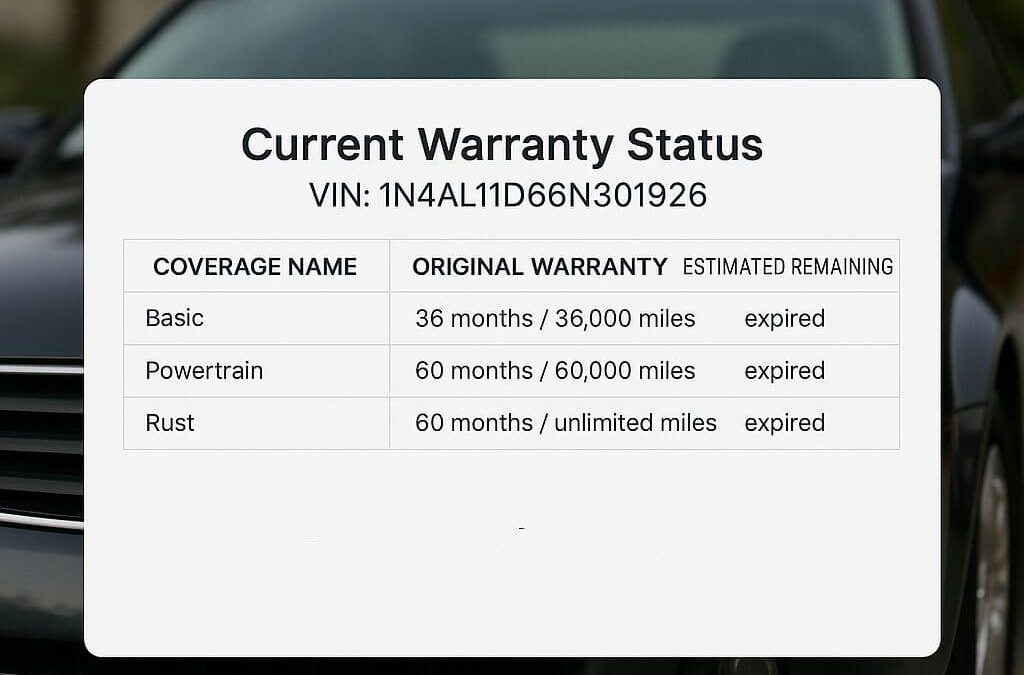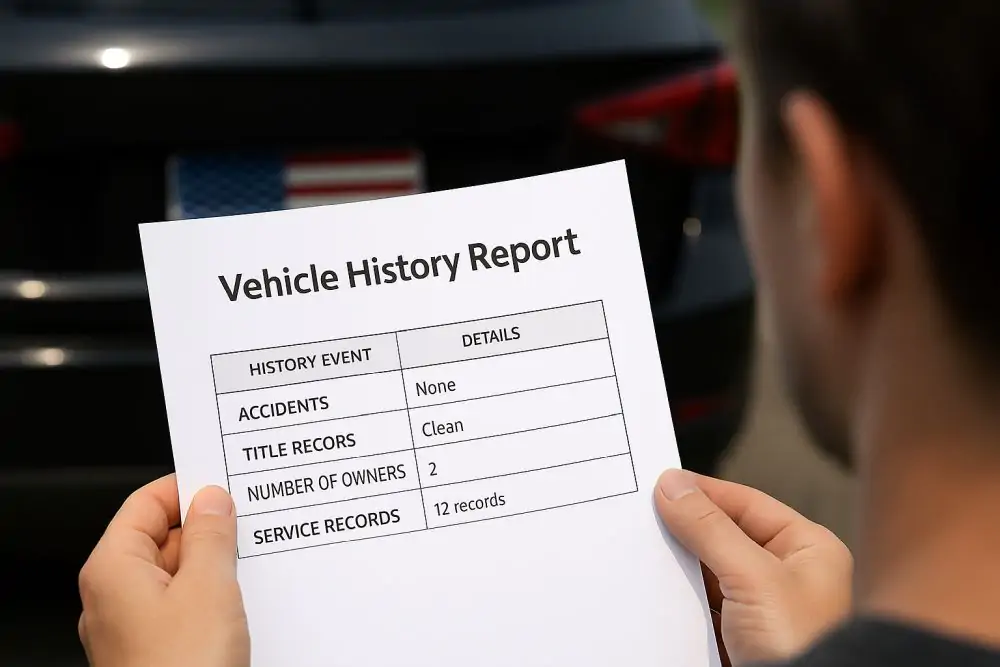People often use the word “lemon” to describe a car that seems to end up in the shop almost as often as it is on the road. These cars might be sold by private dealers, or even large dealerships like Carmax.com. However, to be considered a true lemon vehicle under the law, the vehicle must meet stringent requirements as set by each individual state. It is important to understand what the lemon law in your state entails, because if you end up with a defective vehicle, you may be eligible for legal recourse.
What is a Lemon Law?
Whether you buy your next used car from an online dealer like Carmax.com or the guy down the street, you have some protections under the law. First, there is the federal law, known as the Magnuson-Moss Warranty Act, which protects any buyer that makes a purchase of more than $25 with an express written warranty. This law covers a wide range of purchases, made from anywhere in the United States.
Beyond the Magnuson-Moss Warranty Act, states also have their individual lemon laws to protect consumers from defective vehicles sold by private owners and dealers like Carmax.com. In most states, these laws cover vehicles that are used for personal or family purposes at least part of the time. The law usually covers vehicles that have defects covered by a warranty.
To qualify under the lemon law in most states, the defect must cost the new owner a “reasonable number” of trips to the repair shop. How that “reasonable number” is specifically defined varies from state to state, but in most cases, it applies to vehicles in which the defect is not repaired after those visits. In addition, the type of defect might also be called into question under the law. Defects that make the vehicle inoperable or unsafe to drive often qualify, while aesthetic defects or those that do not interfere with the safety of the vehicle do not.
The Lemon Law Warranty
Dealers have the option to offer a lemon law warranty to their customers. Some, like Carmax.com, do offer their own warranty, which may extend for a number of days after the purchase of a vehicle. In the case of Carmax.com, the company also provides a Carmax Quality Certification that states the car sold on the lot has been through an evaluation process by the company. According to Carmax.com, only one in three cars brought to the dealer make it onto the lot, which indicates the vehicles sold would be less likely to have a lemon title.
If a car is branded a lemon by the state, it must be sold as such the next time around. While it is not illegal to sell a car with a lemon title, it is illegal to sell that vehicle without disclosing that the car has been branded as a lemon by the state. If an owner of a vehicle finds out later his car has a lemon title, he may be eligible for legal action against the seller of the vehicle.
Legal Action Against Lemons
Many attorneys in states across the country help clients pursue recourse under that state’s lemon law. In most state, attorneys do not charge legal fees to their clients unless they win their cases. At that time, their fee is a percentage of the amount of damages awarded. Delaware is one of the only states in the country that offers “cost free” legal help to distressed car owners.
Because there is a very specific process that must be followed to pursue legal action against a dealer like Carmax.com, it is important to understand the laws of your state and follow procedures precisely. Legal counsel doesn’t always need to be brought into the situation until early steps have already been followed. If the car owner has not received satisfactory responses from the seller in the early stages, legal assistance may be needed.
One way to protect yourself from the purchase of a lemon is to get a free VIN check from a reputable service like Carfax or AutoCheck prior to making your purchase. These reports often disclose title history, including whether a vehicle has a lemon title. For a few dollars, you can purchase peace of mind in knowing the vehicle you buy won’t be giving you headaches a few short months down the road. Lemons happen, but you don’t have to get suckered.


